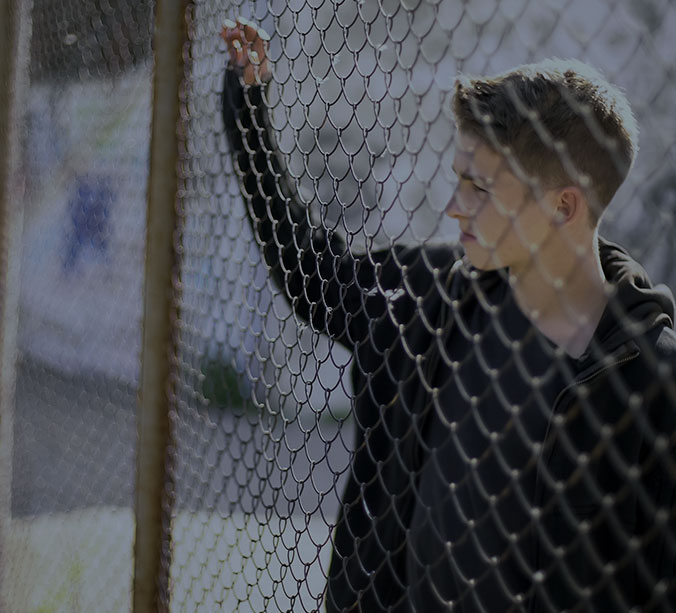A primary objective in an adult court is to punish people for breaking the law. In the juvenile court system, the goal is instead rehabilitation.
The reasoning is that a young person has many years ahead of them, and the Commonwealth wants them to become law-abiding, productive members of the community.
Even the language in juvenile court is different. Minors are not found guilty of “crimes.” Instead, they are found to have committed “juvenile acts,” which include all but the most violent offenses. Instead of a “trial,” they have an “adjudication hearing.”
Since they are considered children in the eyes of the law, minors obtain more protection from the court system than adults. For example, their records are sealed.
However, they also do not have all of the rights that an adult would. They do not have the right to a jury trail. And they do not have the right to have a bond set for them.
Juvenile Justice System
Minors usually begin their journey through Pennsylvania’s juvenile justice system after an arrest. Unlike adults, they will not be detained immediately after their arrest unless they are a flight risk, threat to the community, or they do not have a parent or guardian to take custody of them.
Delinquent acts are filed in a way that is similar to how adult criminal charges are filed.
After the juvenile’s arrest, within 72 hours a preliminary hearing will be held to determine whether they should be held. If there is sufficient evidence, instead of being released their case will then move to the next step, a formal adjudication hearing that has some similarities to an adult’s criminal trial.
The juvenile can be represented at the hearing with a defense attorney, the district attorney will represent the Commonwealth, and a judge will preside. There is no jury.
In some circumstances, for example if the juvenile is older than 16 and charged with a summary offense or if he or she is charged with a violent crime, the minor can be tried in adult court.
Range Of Punishment
Unlike an adult’s trial, the adjudication hearing does not find the juvenile guilty or not guilty. Instead, they may be found to have committed juvenile acts. If so, the judge has several sentencing options, which are known as “disposition orders” in juvenile court.
Most often, juveniles are put on probation. But they also may be confined in a juvenile detention facility or they may be sent to a child welfare facility.
How A Pennslyvania Juvenile Defense Attorney Will Help
If your child is arrested, you need an attorney who will stand by you every step of the way, work hard to discredit any evidence – and work with you to determine the best course of action.
If a minor’s case is going to be tried in an adult court, whenever possible your attorney will try to have the case moved to a juvenile court.
Pennsylvania Minors Law
Laws for minors are described and defined in The Pennsylvania Code under Title 18, Chapter 63. Read the code here.
Questions? Contact us today.
Based on the evidence, Fienman Defense will try to get juvenile charges dismissed or lowered. Should the case go to a hearing or trial, we will fight to present the strongest defense possible for your situation.
